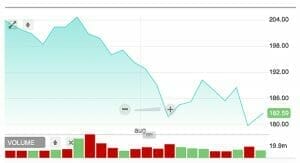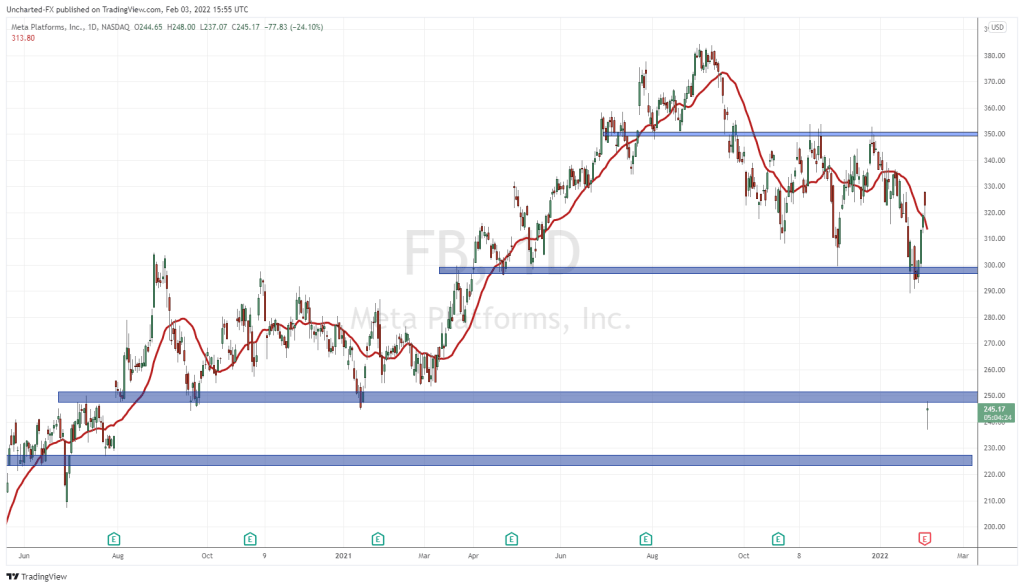Facebook’s (FB.Q) stock price has cratered by more than $20 in the past two months on the back of privacy scandal after scandal. We can now add to that the amount of class-action lawsuits presently in various stages of litigation, but somehow this company keeps on keeping on.
Last year, Facebook released a mea culpa about a security issue that allowed attackers to steal access coins to take over 50 million accounts. The company’s engineering team took prompt action after discovering the issue and fixed the vulnerability, and afterwards informed law enforcement before resetting the access tokens.
The latest developments involve plaintiffs in a class-action suit that are now amending their complaint about what’s being called the “View As” privacy leak, saying that the company was well aware of the risks of the feature, and didn’t bother fixing them because it would hurt business.
Now the complaint has been widened to allege “affirmative negligence.”
Facebook’s response is naturally to deny deny deny, stating that there’s no justification for the claim.
Instead, this was an “obscure, unforeseen vulnerability that arose only when three features interacted in an unexpected way.”
Does anyone really buy that?
The company’s no stranger to privacy violations.
Beyond the high-profile Cambridge Analytica case, which ended up costing Facebook $5 billion, the company is potentially on the hook for billions of dollars in damages.
On Thursday, a federal appeals court rejected the company’s arguments as to why a class-action lawsuit regarding their alleged illegal collection and storage of biometric data of millions of users should be halted.
This court case is one from 2015, when Facebook users in Illinois sued the company alleging violations of the state’s Biometric Information Privacy Act. In this case, the company was accused of the automatic collection and identification of people in photographs posted to the service.
There’s also one in Canada, brought forth by Montreal law firm IMK LLP, which is seeking the nod to sue Facebook over discrimination in ads for jobs and housing based on age and gender.
“The claim alleges that Facebook facilitates discrimination in 3 different ways. The first is through micro targeting. For example, a prospective employer posting a job ad can choose to target the audience receiving the ad to people between the ages of 25-40, so people over 40 do not receive the ad. Second is in discriminatory language in the ads themselves. And third is through Facebook’s own algorithm that delivers ads to subsets of users even if the ad itself was not micro targeted by the advertiser,” said Audrey Boctor, one of the lawyers working on the case.
Naturally, Facebook’s response to this once again has been to deny, deny, deny.
“There is no place for discrimination on Facebook: it’s strictly prohibited in our policies. Over the last year we’ve strengthened our systems to further protect against misuse,” the company said in an emailed statement.

In other Facebook class-action news, last month a judge in British Columbia widened a class-action suit against Facebook—wherein a woman’s likeness was used without permission—to include people from Saskatchewan, Manitoba, Newfoundland and Labrador who mirror the claim.
Deborah Douez claims the social media giant used her image and those of others without their knowledge in the “sponsored stories” advertising program that is no longer in operation.
But they want us to accept that they’ve turned the corner on their former discriminatory ways.
Remember this next year when Facebook releases their cryptocurrency, Libra…
Mark Zuckerberg doesn’t care about your privacy.
—Joseph Morton








